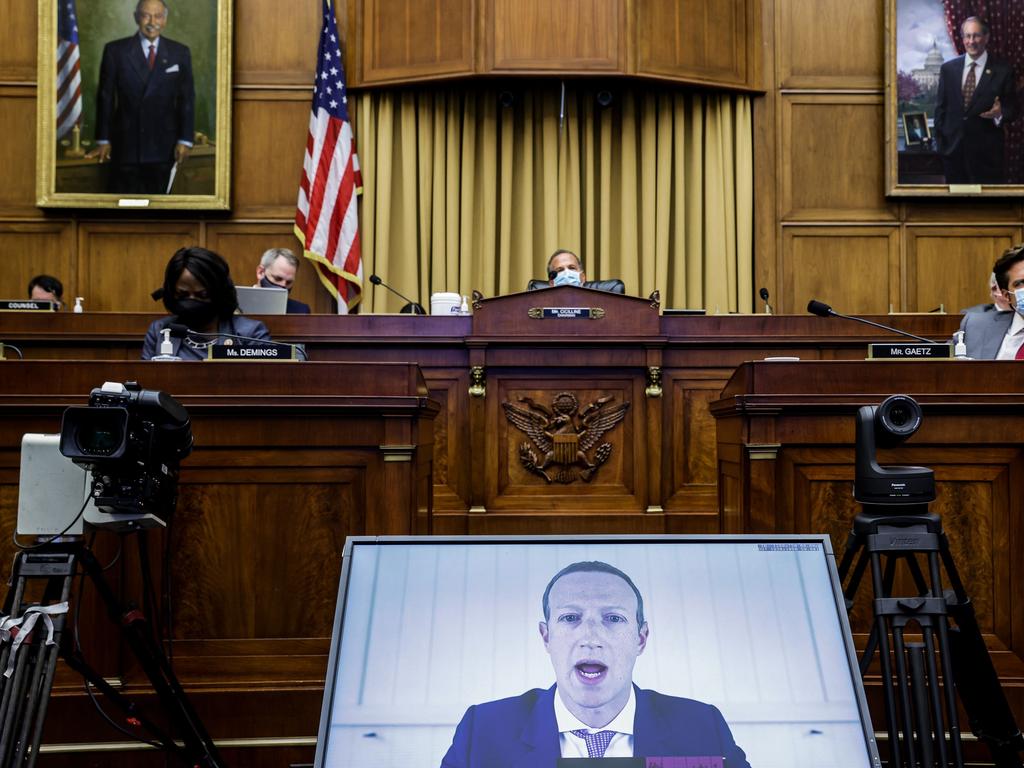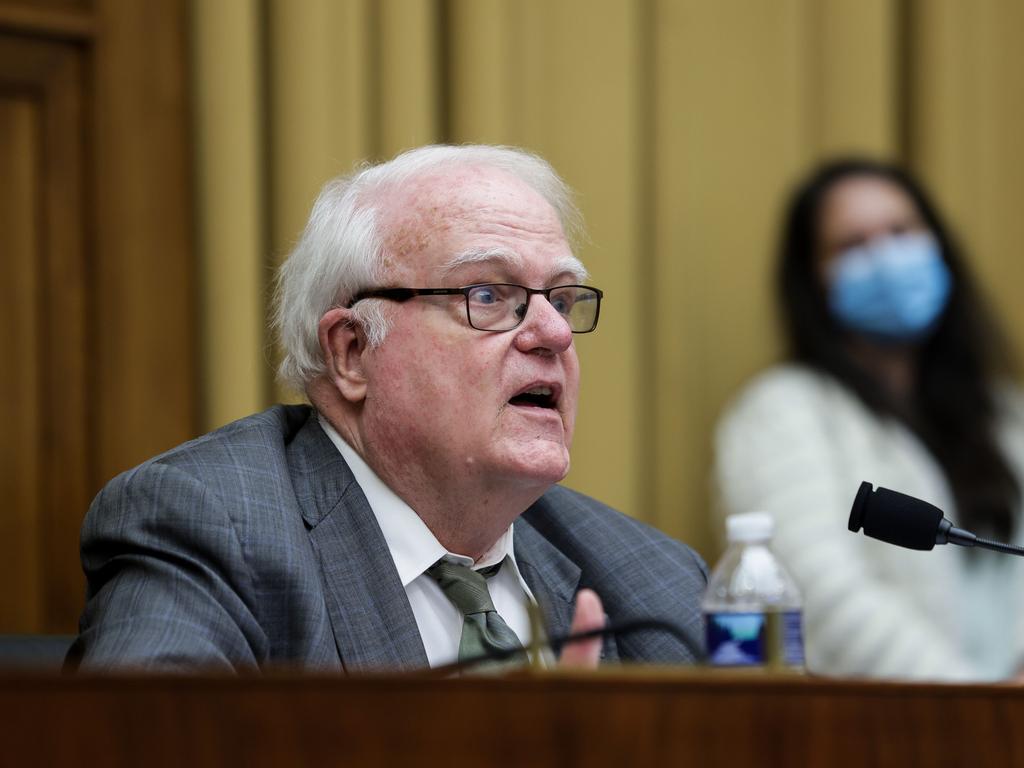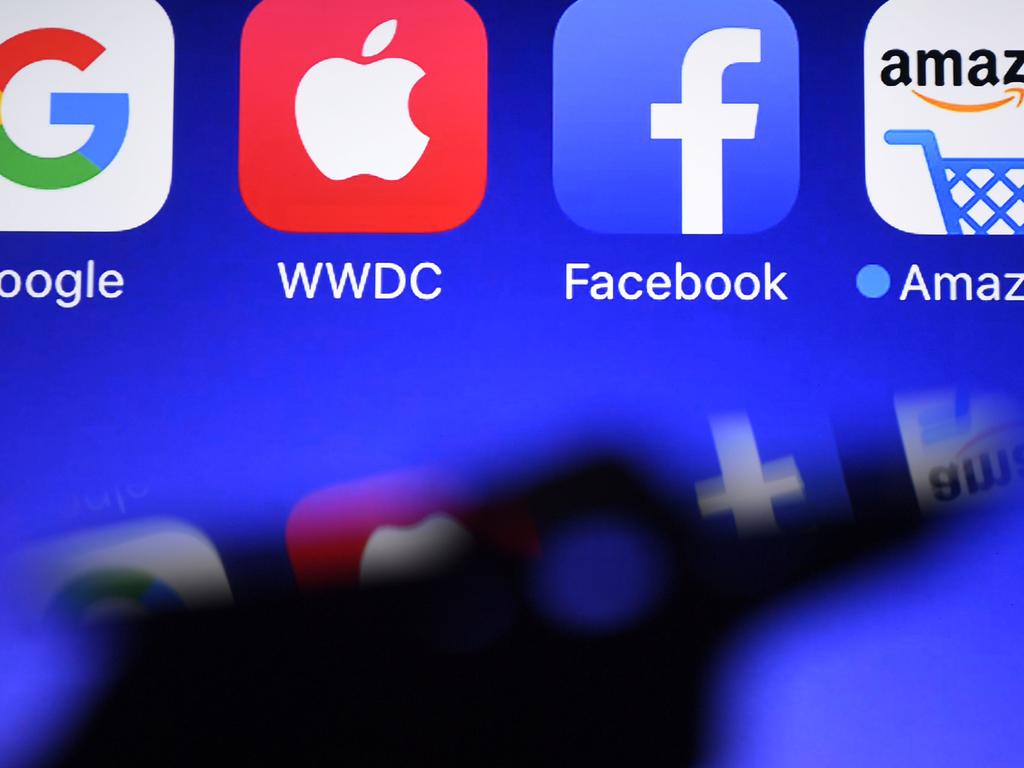Google and Facebook told to pay for news content
Facebook and Google face hundreds of millions of dollars in fines if they don’t pay for news content used on their platforms.

Josh Frydenberg has set up a showdown with Facebook and Google over new powers that leave the tech giants facing hundreds of millions of dollars in fines if they don’t pay for news content used on their platforms.
Under a mandatory code of conduct, which the government will legislate before the end of the year, Google and Facebook must negotiate agreements with media companies to pay for news and share data-collection methods.
As public broadcasters, the ABC and SBS will be excluded from entering into the bargaining arrangements for paid content but will benefit from new minimum standards the code imposes on Facebook and Google.
These standards require the tech giants to provide 28 days’ notice of changes to algorithms or internal policies affecting the ranking of news and advertising.
They will also have to explain the types of data they collect when users interact with Australian news websites.
The new rules were outlined by the Treasurer on Friday, and come as the world’s largest tech companies face growing pressure from regulators around the world about their market dominance and potential adverse effect on competition.
A US congressional inquiry this week heard executives at Facebook, Google, Amazon and Apple had previously tried to “neutralise” smaller rivals by buying them, copying them or denying them service.
The proposed Australian laws, which follow a long investigation by the Australian Competition & Consumer Commission, will not immediately apply to Amazon or Apple. But Mr Frydenberg said the changes would address the “very unequal bargaining position between Australian news media businesses that produce original content and the digital platforms”.
“As the power, the wealth, the influence of these digital platforms, namely Google and Facebook, has grown, our regulatory framework has not kept up,” the Treasurer said.
For every $100 spent in Australia’s $9bn-a-year online advertising market, $47 went to Google, $24 to Facebook and $29 to other participants, Mr Frydenberg said.
The code-of-conduct legislation was declared a “watershed moment” by the news media, but met with anger from Facebook and Google, which said it was “deeply disappointed”.
Google Australia managing director Mel Silva said the “heavy-handed intervention” threatened to “impact the services we can deliver to Australians”.
“Our hope was that the code would be forward thinking and the process would create incentives for both publishers and digital platforms to negotiate and innovate for a better future — so we are deeply disappointed and concerned the draft code does not achieve this,” Ms Silva said.
“It sets up a perverse disincentive to innovate in the media sector and does nothing to solve the fundamental challenges of creating a business model fit for the digital age.”
Facebook, which has threatened to remove news from its platform if it was forced to pay for it, said it was reviewing the draft code to understand the impact it would have in its “investment in the news ecosystem in Australia”.
Despite the impact of the COVID-19 pandemic on the economy — which has led to hundreds of journalists losing work across the country — Facebook, Amazon and Apple have recorded surging quarterly sales and profits.
Facebook this week reported an 11 per cent rise in revenues — to $US18.7bn ($26bn) — for the three months to the end of June. Google reported revenues of $US38.3bn in that period.
ACCC chair Rod Sims said the mandatory code would be a “forcing device for real discussions on payment that haven’t happened before”.
Mr Sims said Google and Facebook faced harsh penalties if they did not follow the new rules, including $10m fines per breach and 10 per cent of their turnover in Australia.
“The Australian turnover of Google and Facebook combined is many billions of dollars. So we’re talking quite large potential penalties, and the ACCC is the enforcer,” he said.
“If they say ‘we just don’t want to play under this regime’, then that’s when they’ll be taken to court. And that’s when the hundreds of millions of dollars of penalties will apply.”
News Corp Australasia executive chairman Michael Miller said the code was a “watershed moment” and would end the “platforms’ days of free-riding”.
“The tech platforms’ days of free-riding on other people’s content are ending. They derive immense benefit from using news content created by others and it is time for them to stop denying this fundamental truth,” he said.
News Corp is the publisher of The Weekend Australian.
While the ABC is excluded from bargaining over paid content, the public broadcaster argued in its submission to the ACCC that it should be allowed to be part of any revenue arrangements reached.
The News Corp submission put forward a range of suggested codes, including a “collective boycott” model in which the digital platforms could not publish the content of any news outlet with a unique audience of over one million per month unless they reached agreement with all of them, assuming the inclusion of the ABC. Mr Sims said the code was a “world first” and flagged the regulations could be extended to Apple and Amazon if a “power imbalance was identified”.
Former ACCC chairman Allan Fels, now chairman of the Public Interest Journalism Initiative, said Facebook and Google would have to make “serious offers” of payment for content. “The proposal for the code to be compulsory and to include final arbitration puts real teeth in the process,” he said.
Free TV chief executive Bridget Fair said the code recognised the significant value of news. “Neither Google or Facebook were prepared to genuinely negotiate a reasonable payment for their use of our news content on key services such as Google Search, Facebook Newsfeed or Instagram,” Ms Fair said.







To join the conversation, please log in. Don't have an account? Register
Join the conversation, you are commenting as Logout